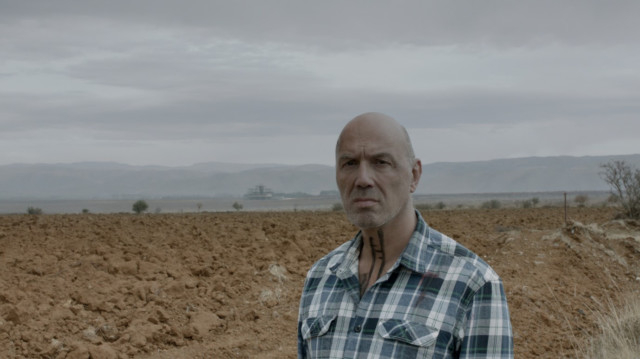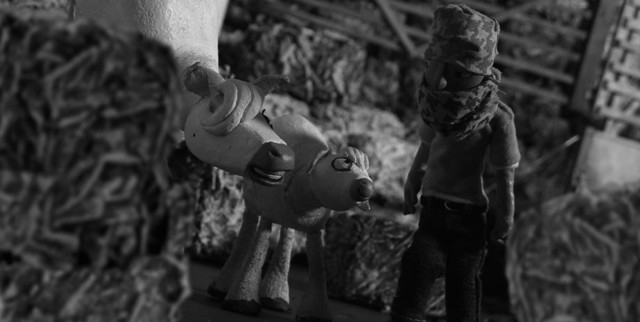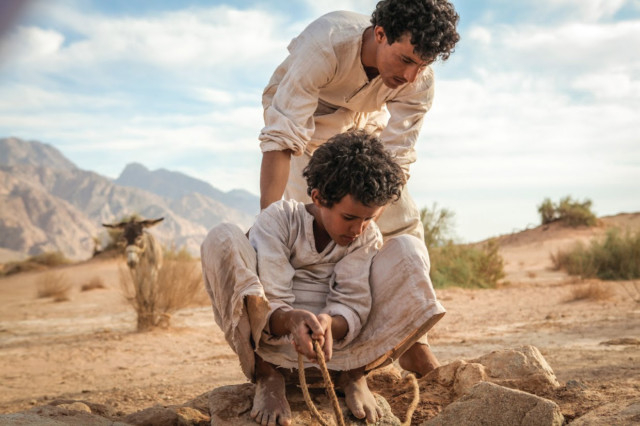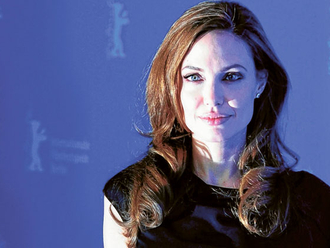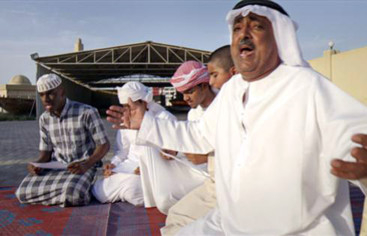
With 16 Arabic films competing at this year’s Abu Dhabi Film Festival, and one film outside the official competitions, Intishal Al Timimi, director of Arabic programming, is hopeful in the face of adversity.
“In terms of Arab film-making, to be honest, it could be said that there is some recession in terms of the number of films that have been produced — and that recession is natural and it’s been happening for a few years now,” he said.
One of the reasons for this, he explained, is the political issues faced in more than one Arab country, and especially those known to produce cinema — such as Egypt, Syria and Tunisia.
“In the last years, there has been no shortage of movies about war and hard times, but there’s always been a diverse selection, and it will be a diverse selection again this year,” he said.
The main connection between all the Arabic films chosen is their high production value, something that helps organisers present the films amongst other selections from around the world, without the Arabic titles proving to be outliers in terms of quality. In fact, some of the films have been seen in other parts of the globe already, with positive reviews.
“This year, the only Arabic feature-length film that was officially participating in the Venice Film Festival is Theeb, and it also won the Orizzonti Award for Best Director [Naji Abu Nowar],” said Al Timimi. “And there are four films that we have this year at ADFF, that are supported by Sanad, and that have participated in the Toronto International Film Festival. They’re Iraqi Odyssey, Theeb, The Wanted 18, and The Valley.”
Sanad is ADFF’s development fund, providing tens of thousands of dirhams to filmmakers from the Arab world towards the development or post-production of their narrative and documentary feature films.
The stories told through the films, Al Timimi insisted, are universal due to their personal nature, and the way they richly delve into different communities.
“Human experiences are all universal. One of the things that distinguishes Sounds of the Sea by Nujoom Al Ganem, and gives it mass appeal, is its extreme locality, and its significant niche, and the way it talks about a community that even those who live in the Emirates might not know about in a thorough manner.”
The documentary in question follows an old sea singer who wants to cross Umm Al Quwain Creek on a fishing boat trip one last time whilst singing one of his folk songs to the fishermen. Though his children think the trip could be unsafe for a man his age, a close friend helps him make his dream a reality.
Al Timimi said that they were able to accomplish what they wanted with this year’s selections, despite the setbacks oft faced by Arab filmmakers.
“We always have our ways and our desire for the festival to be one of the main places for Arabic cinema,” he said.


